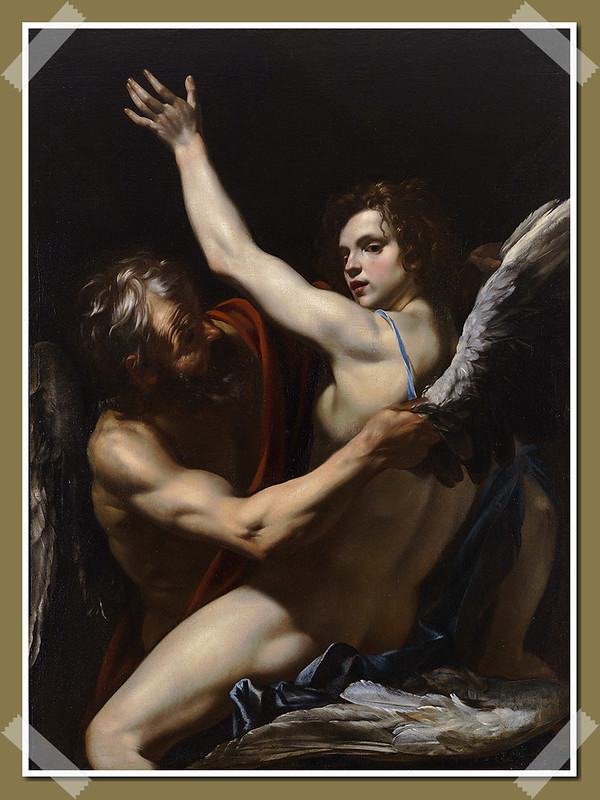Daedalus

Daedalus (bright, cunningly wrought) In Greek mythology, a culture hero, son of Eupalamus (or Metion) and Alcippe (or Merope); brother of Perdix and Sicyan; father of Icarus.
Instructed by the goddess Athena, Daedalus was inventor of the ax, awl, and level. He was exiled from Athens after he murdered his nephew, Talus (sufferer?), whom Daedalus envied because Talus showed promise of becoming as great as Daedalus. He escaped to Crete, where he built the famous labyrinth with a thousand turnings for King Minos.
Inside the labyrinth lived the Minotaur, the offspring of Minos’s wife, Pasiphaë, and the Cretan bull. Daedalus, along with his son Icarus, was imprisoned in the maze as punishment for giving Ariadne directions for guiding Theseus out of the maze. To escape, Daedalus fashioned wings out of wax and feathers for himself and Icarus. During their escape Icarus flew too close to the sun, the wax in his wings melted, and he fell onto the island of Icaria. Daedalus flew to Sicily.
The Sicilian king Cacalus refused a request to return Daedalus to Crete. The scene of the fall of Icarus is frequently found in paintings. Daedalus and Icarus are a motif in the writings of James Joyce, whose hero is Stephen Daedalus. Ovid’s Metamorphoses (book 8) tells the myth of Daedalus and Icarus. Socrates claimed descent from Daedalus (Plato, Alcibiades 1).
English poets borrowed from Greek the adjective daedal, which means “cunningly wrought.” Both Keats and Shelley use the word. Other English poets who mention Daedalus are Chaucer, Shakespeare, and Auden.
SOURCE:
Encyclopedia of World Mythology and Legend, Third Edition – Written by Anthony S. Mercatante & James R. Dow-Copyright © 2009 by Anthony S. Mercatante